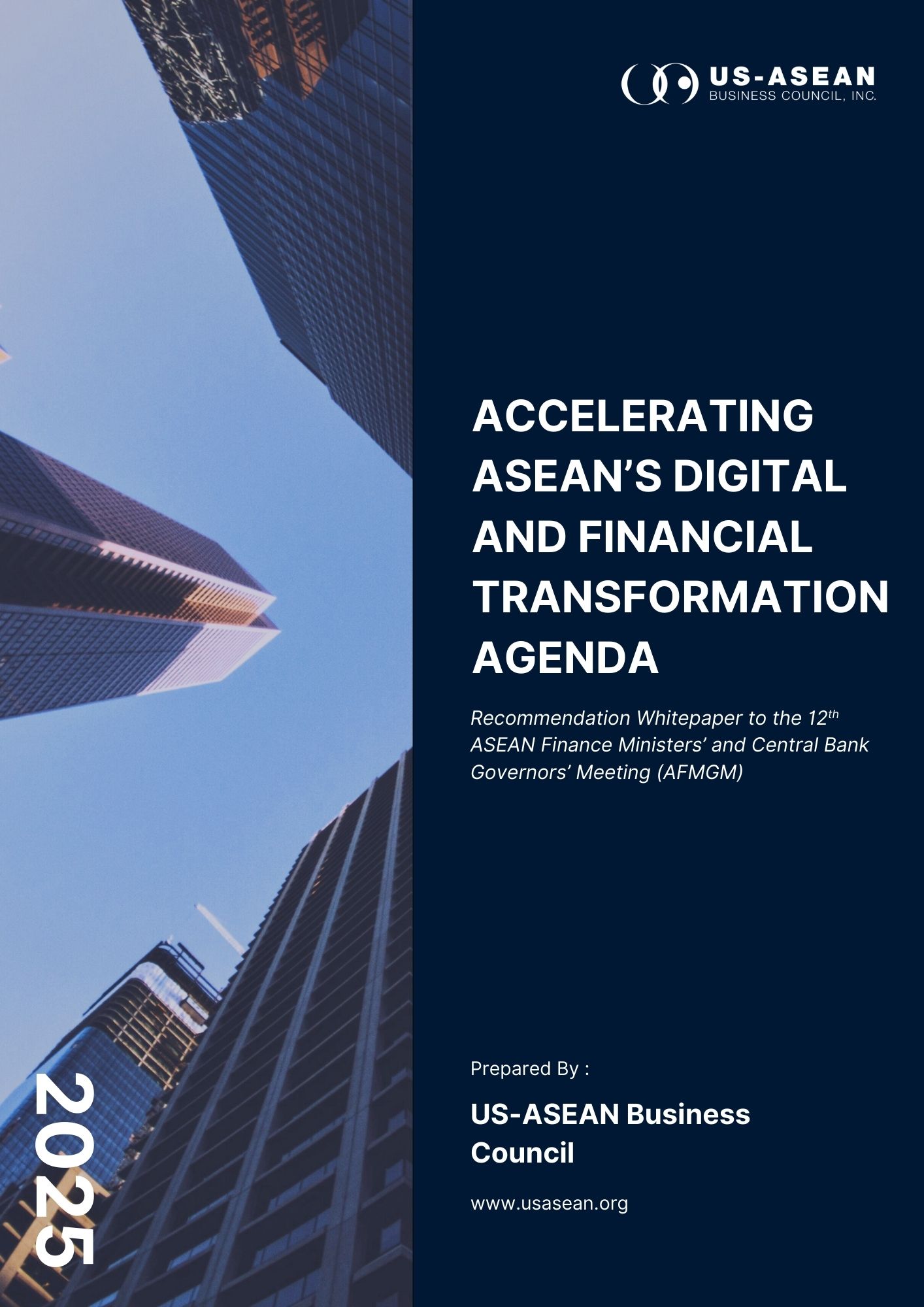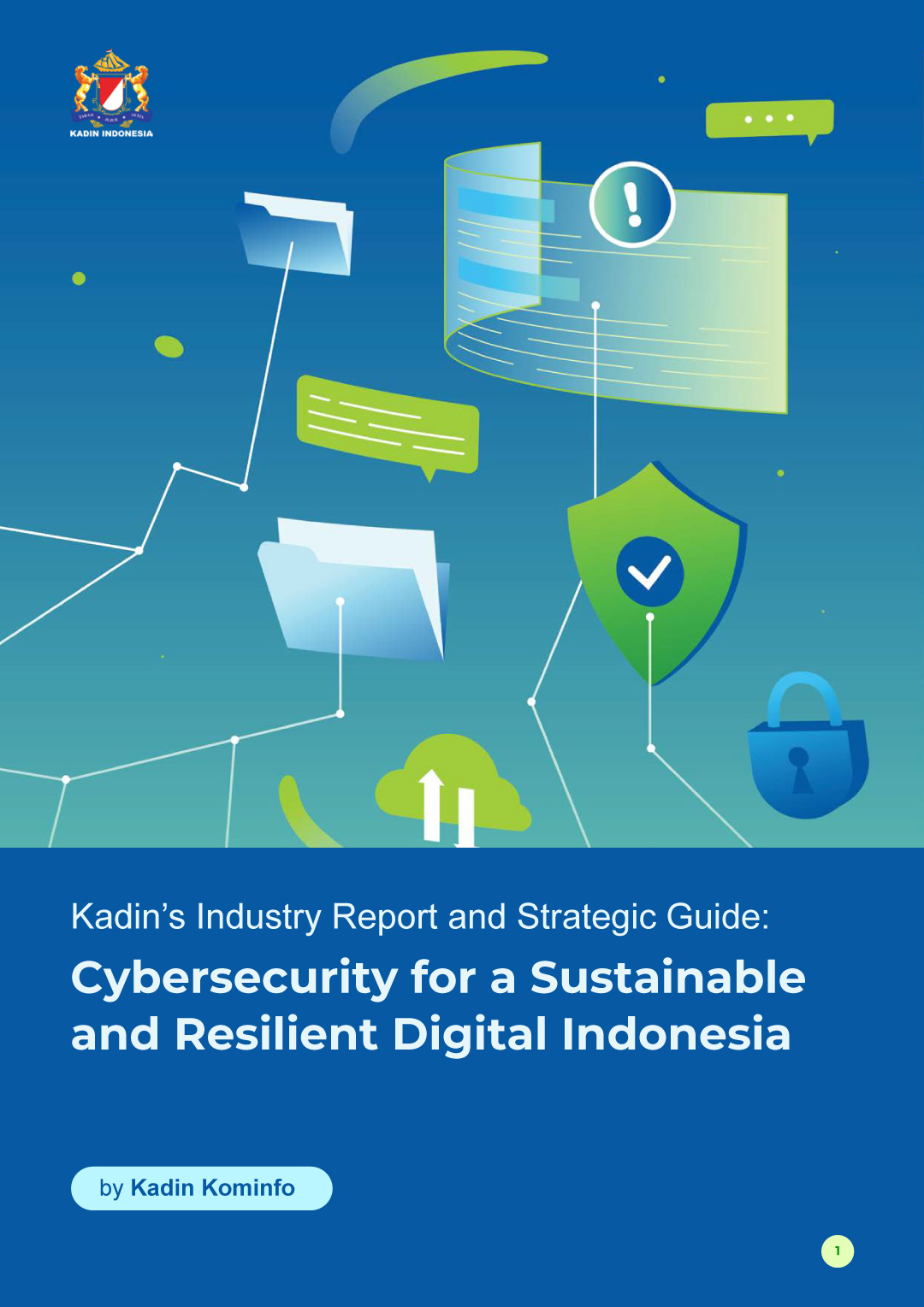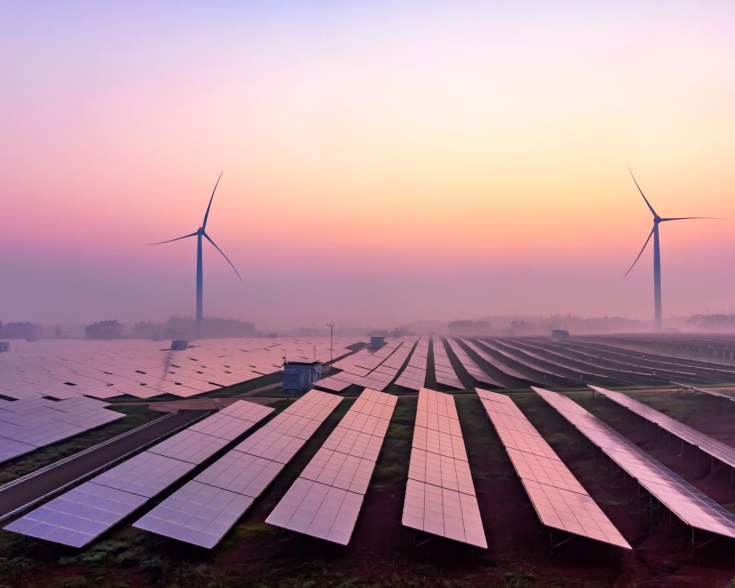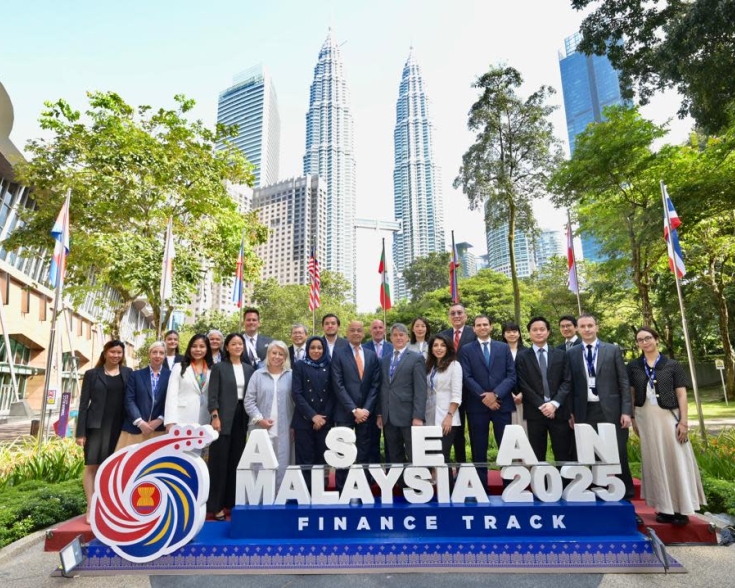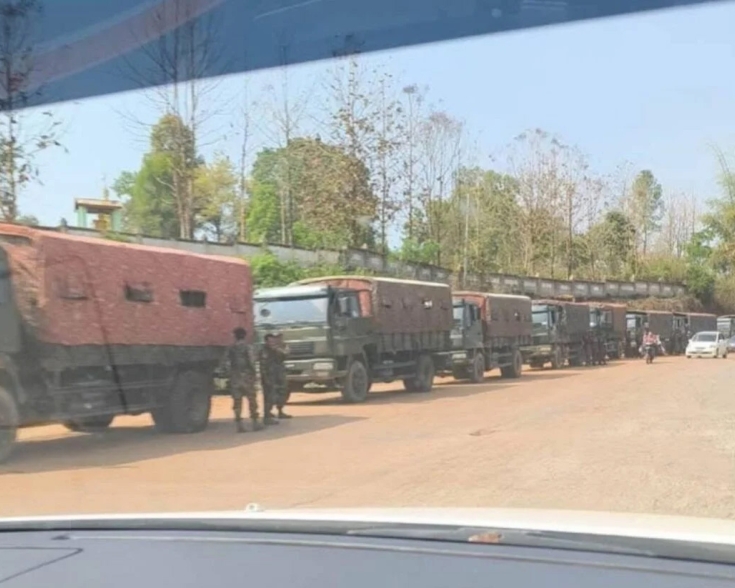Prime Minister Lee Makes Official Visit to China, Highlights ASEAN-China Partnership

Prime Minister (PM) Lee Hsien Loong made an official visit to China from March 27 to April 1. During the visit, PM Lee met with President Xi Jinping, Premier Li Qiang, and other senior officials in Beijing, Guangdong, and Hainan. In a joint statement released on April 1, both countries agreed to building on the high-quality and future approach to their bilateral relationship by strengthening the comprehensive cooperation between China and Singapore in areas including trade and investment, green and digital economies, food security, financial sector, aviation, and people-to-people exchanges. Both sides also agreed on harnessing synergies in new fields like digital transformation and reaffirmed their shared commitments to maintaining an inclusive global economy. Several memoranda of understanding (MOUs) were inked between Singapore and China during this visit, expanding collaborations in areas ranging from food trade, management of international commercial disputes, biodiversity conservation, and the arts. Singapore and China also concluded another round of substantive talks to upgrade the China-Singapore Free Trade Agreement (CSFTA), which will improve market access for businesses in both countries. Singapore has been one of China’s largest foreign investors since 2013 and China has been Singapore’s top investment destination since 2007. The timing of the visit is considered critical given that Beijing extended the invitation to PM Lee soon after China reshuffled its cabinet earlier in March, signaling the importance of their ties.
Singapore welcomed China’s support for the importance of maintaining ASEAN centrality in the evolving regional architecture, with both sides reaffirming ASEAN-China cooperation under the ASEAN-China Comprehensive Strategic Partnership, the RCEP, and the future enhancement of the ASEAN-China Free Trade Area (ACFTA 3.0). In an interview with China Central Television on March 31, PM Lee emphasized that ASEAN-China economic cooperation also depends on the overall relationship between the bloc and the country, citing that political issues will need to be worked upon to make more progress on the economic front. In particular, negotiations on the code of conduct for the South China Sea have been stalled for years, creating prolonged uncertainty. Renewing ties in the region remains a priority for China in the context of rising tensions with the United States over issues surrounding national security.

